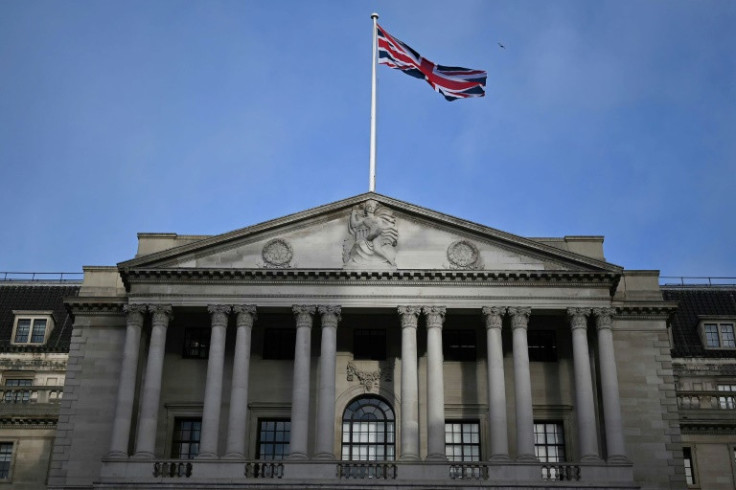UK Businesses 'Stuck in Reverse' in October, According to Recent Survey
The figures are worrying reading, as the Bank of England (BoE) prepares for its latest interest rate decision next week.

A new survey reveals a further decline in Britain's businesses over the past month.
According to data released today, business activity has regressed and cost pressures have cooled.
The "flash" preliminary reading of the S&P Global UK Purchasing Managers' Index (PMI) for the services sector fell in October to 49.2 from 49.3 in September, the lowest reading since January and below the 50 no-change mark for a third month.
The figures are worrying reading, as the Bank of England (BoE) prepares for its latest interest rate decision next week.
In September, it held interest rates at 5.25 per cent after a close-running vote opted against a 15th increase in a row.
Interest rates have been rising consistently since 2021, in an attempt to combat inflation, and are currently at their highest level for 15 years.
These latest readings are likely to reinforce expectations that the BoE will keep interest rates on hold for a second meeting in a row on November 2nd.
Chris Williamson, chief business economist at S&P Global Market Intelligence, believes "a recession, albeit only mild at present, cannot be ruled out."
"The UK economy continued to skirt with a recession in October, as the increased cost of living, higher interest rates and falling exports were widely blamed on a third month of falling output."
"The overall pace of decline remains modest, signalling a mere 0.1 per cent quarterly rate of GDP decline, but gloom about the outlook has intensified in the uncertain economic climate, boding ill for output in the coming months."
Supporting these claims, a separate Confederation of British Industry survey of factories showed the biggest drop in new orders since early 2021 as well as a sharp fall-off in cost pressures and hiring plans.
At the same time, labour market data today showed falling numbers of employed people and a small rise in the number who are unemployed, although the jobless rate stayed at 4.2 per cent.
"This data supports our view that a mild recession is underway and that the Bank of England has finished hiking interest rates," said Ruth Gregory, deputy chief UK economist at consultancy Capital Economics.
Prime Minister Rishi Sunak promised at the start of the year that he would "halve inflation", which would have to fall to about 5.3 per cent in December to meet that target.
In March, he unveiled a budget to tackle a cost-of-living crisis — which has sparked strikes as many wages fail to keep pace.
Retail sales growth in the United Kingdom slowed in September, reflecting the ongoing financial pressure on households due to the high cost of living.
Last week, at the Conservative Party conference, Hunt proposed a rise in the national living wage to £11.
The national living wage is considered to be the lowest amount that workers aged 23 and above can be allowed to be paid per hour. The current minimum wage is £10.42 an hour, with lower rates for workers of a younger age.
However, to the disappointment of some Tory backbenchers, the Chancellor said it would be "virtually impossible" to deliver tax cuts until the UK economy improves - despite average pay growth rising above inflation for the first time in almost two years.
Although wage growth for public sector workers reached 6.8 per cent between June and August, which the Office of National Statistics said was the biggest increase since comparable records began in 2001, the new economic data clearly shows a decline in output this month, with falls for both the services and manufacturing industries.
Surveyed firms blamed "subdued consumer confidence", as well as the impact of higher borrowing costs following interest rate rises and weakness in the real estate industry.
Over the last five years, the UK retail industry has been battling with significant challenges, leading to the closure of 6,000 retailers.
The British Retail Consortium (BRC) has linked the closure increases to the burden of unmanageable business rates and the impact of the COVID-19 pandemic as the primary reasons.
© Copyright IBTimes 2025. All rights reserved.






















